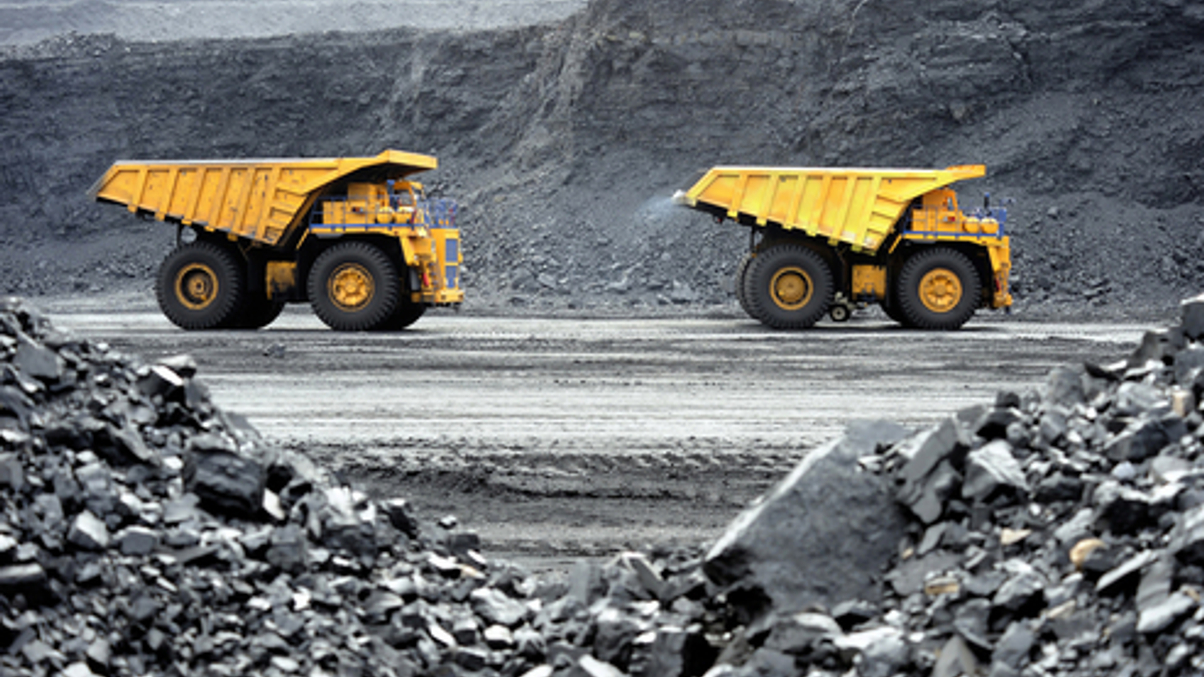How AkademikerPension is helping to wean Asia off coal
The Danish retirement fund for academics is taking a more activist approach to the environment by pressuring the likes of Korean group Samsung and Japan’s Mizuho.

Denmark’s pension scheme for academics is stepping up its drive to encourage a global transition to cleaner energy by taking a more activist approach to companies that heavily use or finance such assets.
Sign in to read on!
Registered users get 2 free articles in 30 days.
Subscribers have full unlimited access to AsianInvestor
Not signed up? New users get 2 free articles per month, plus a 7-day unlimited free trial.
¬ Haymarket Media Limited. All rights reserved.


